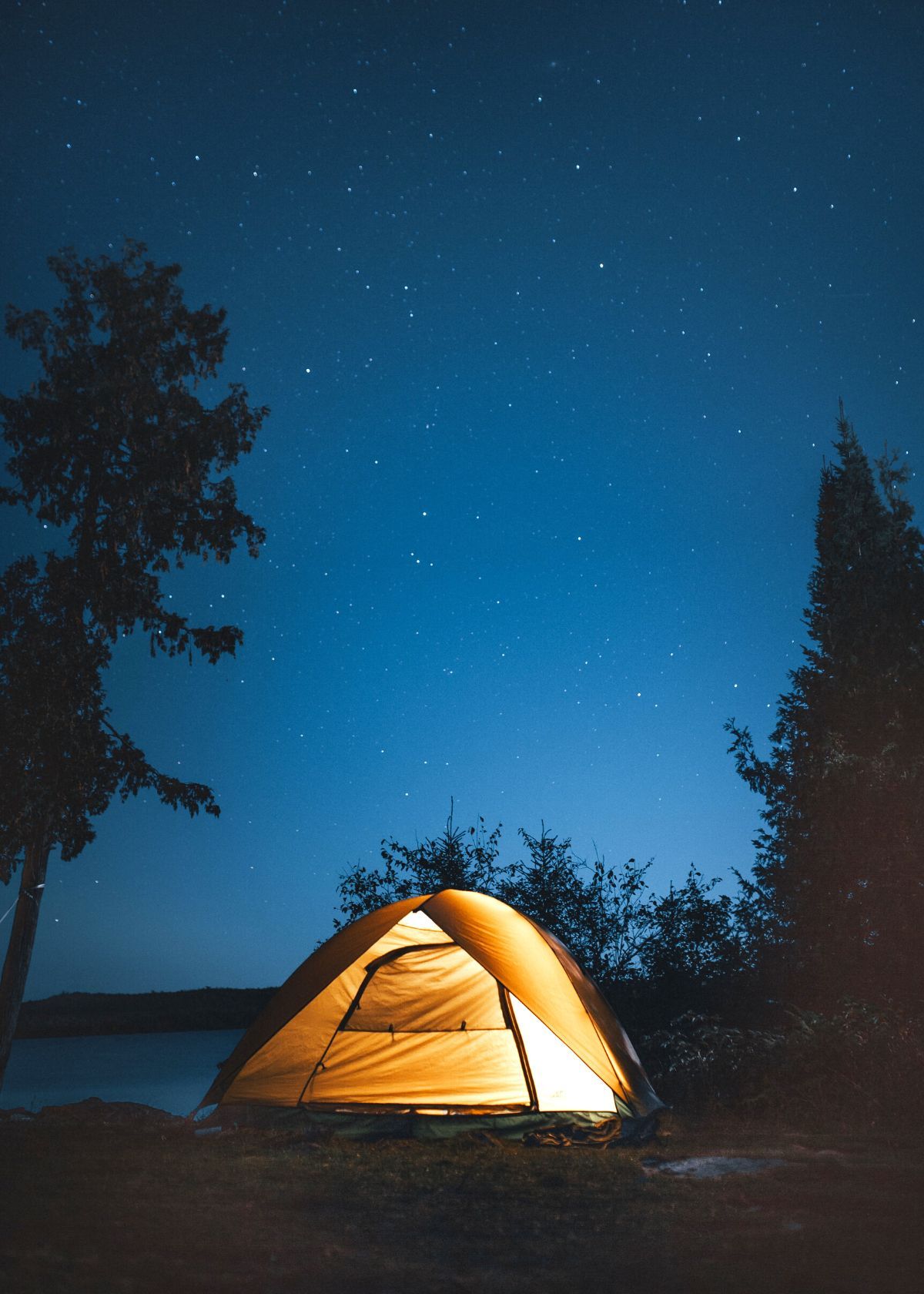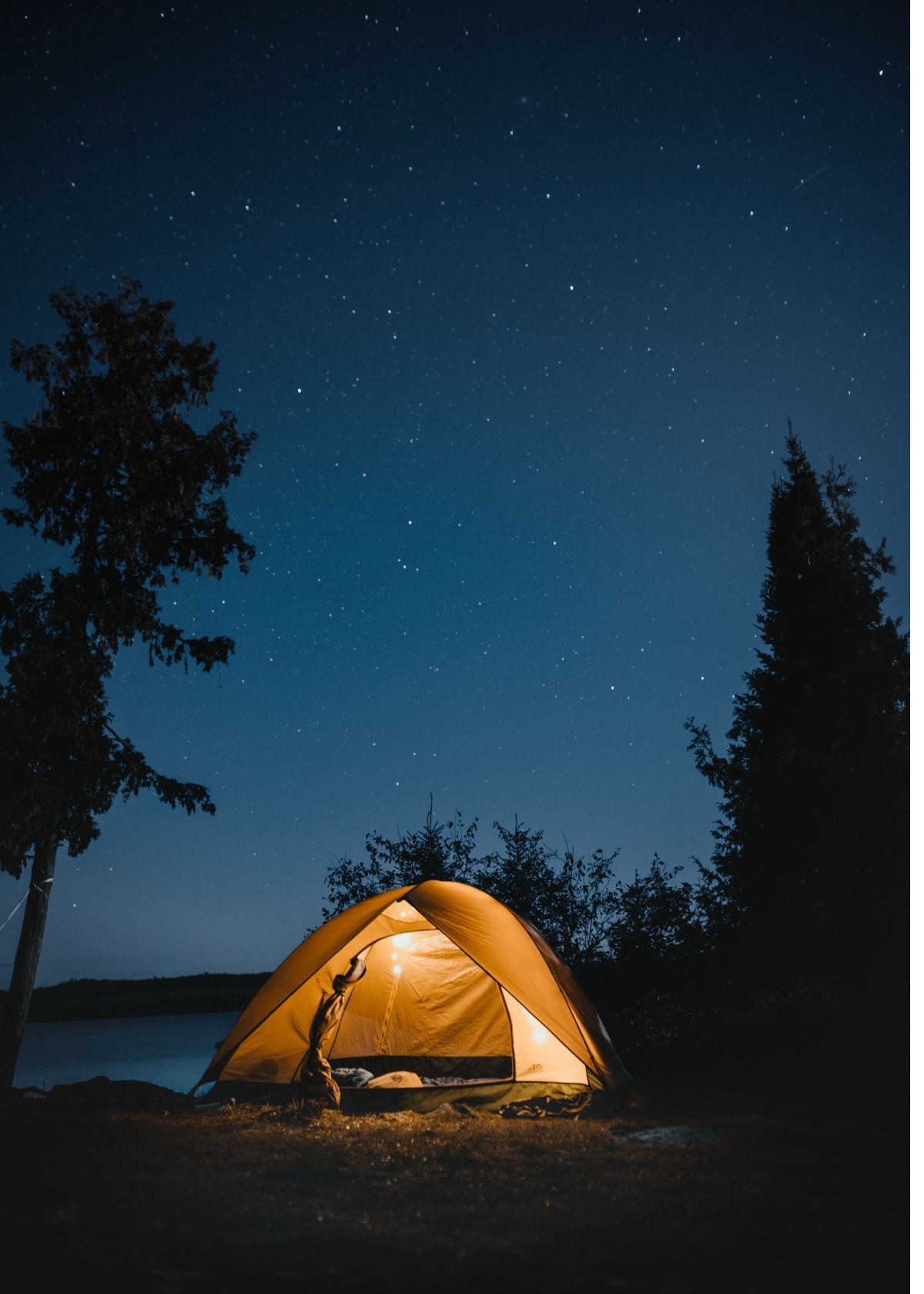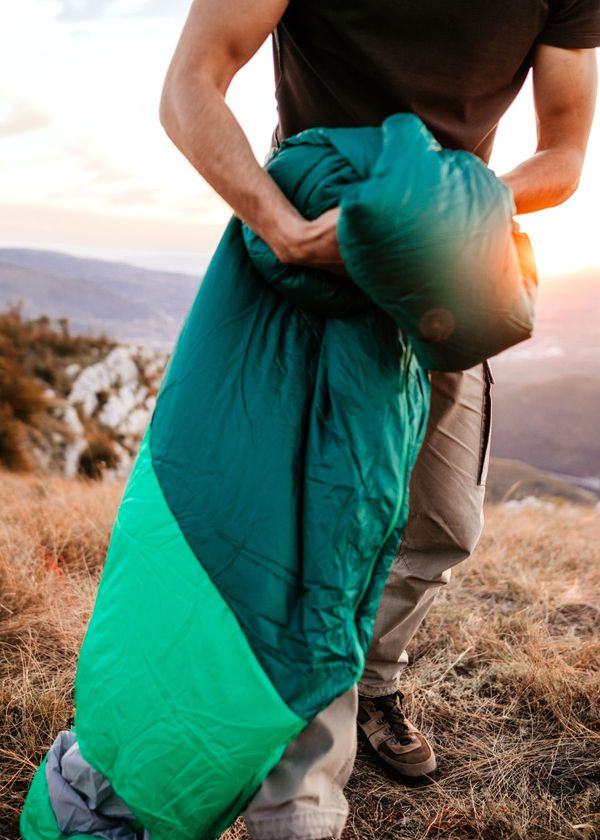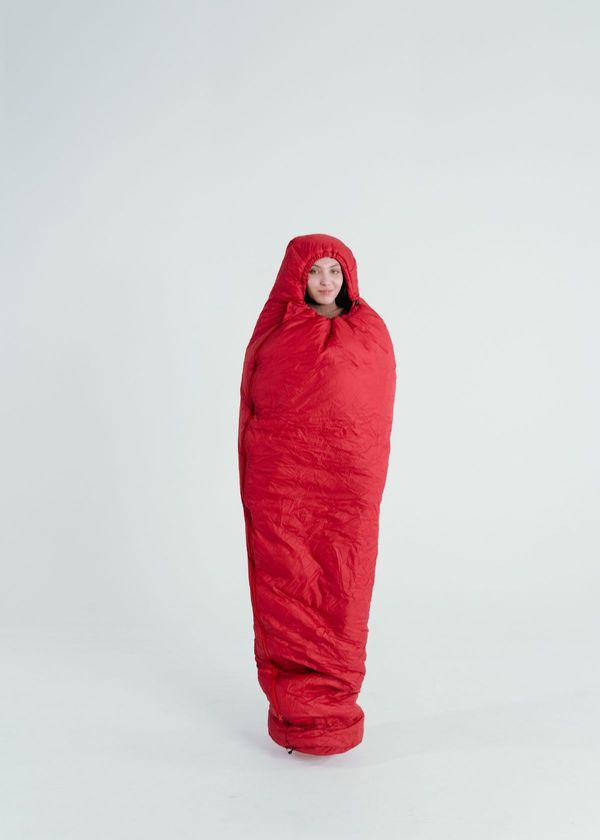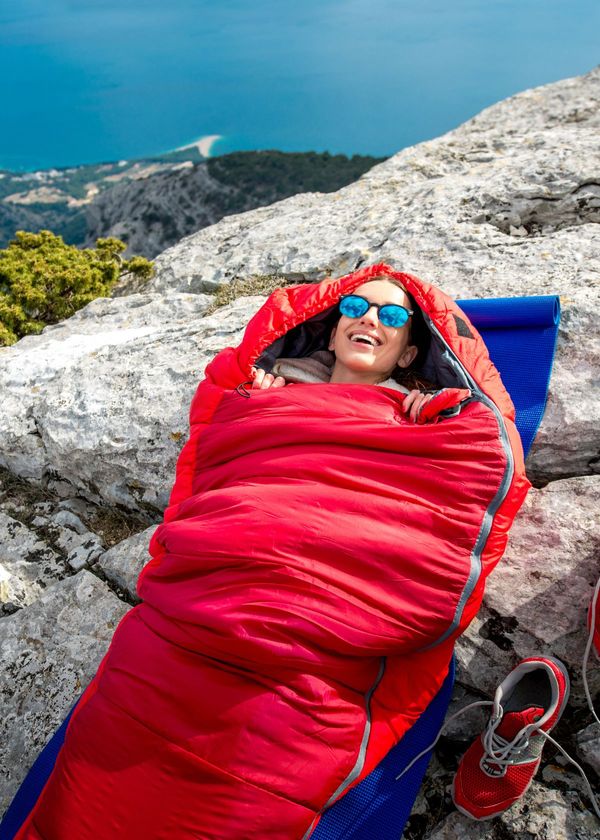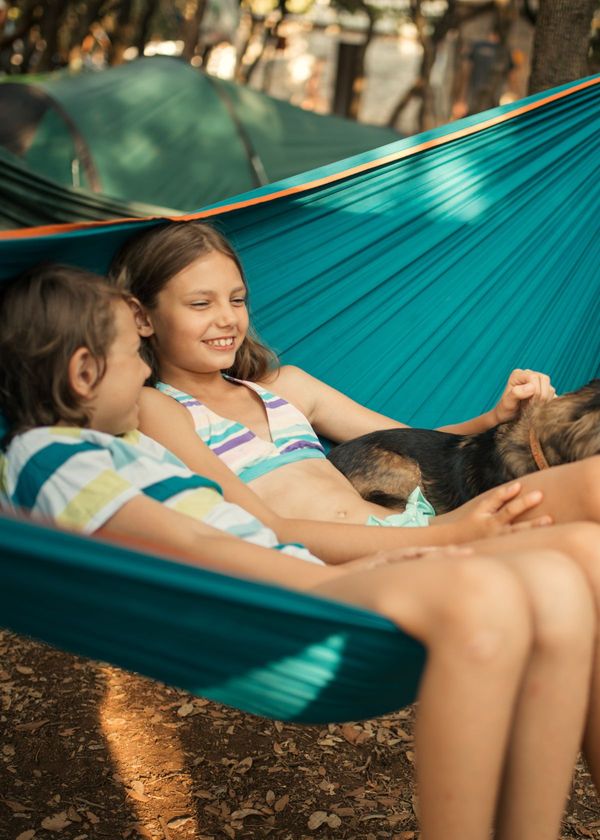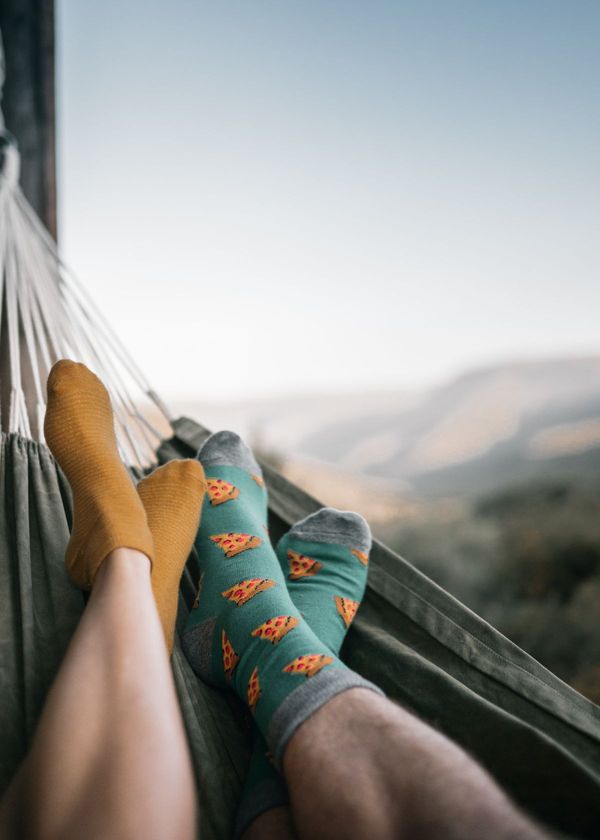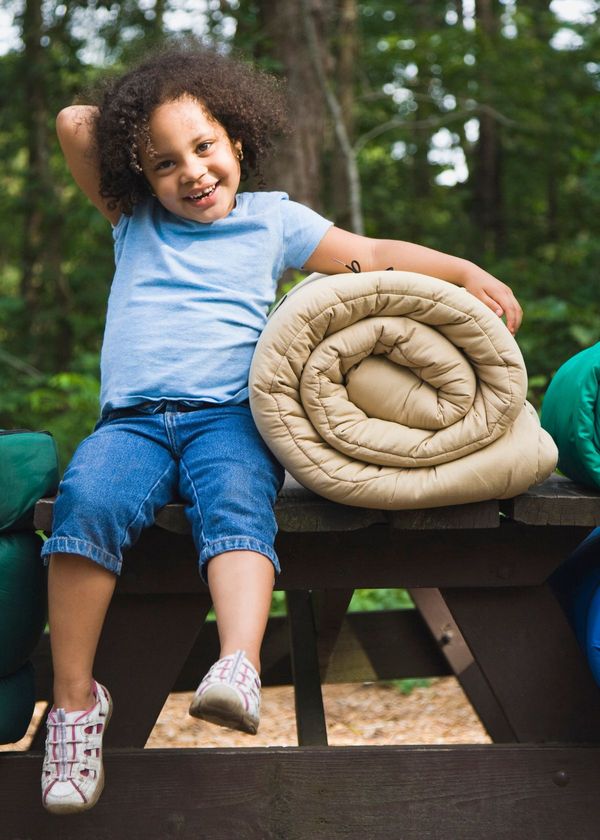Ah, the great outdoors! There's nothing quite like getting away from the hustle and bustle of daily life and spending some time in nature. Whether you're an experienced hiker or a first-time camper, one of the most important things you need to consider is what to bring camping.
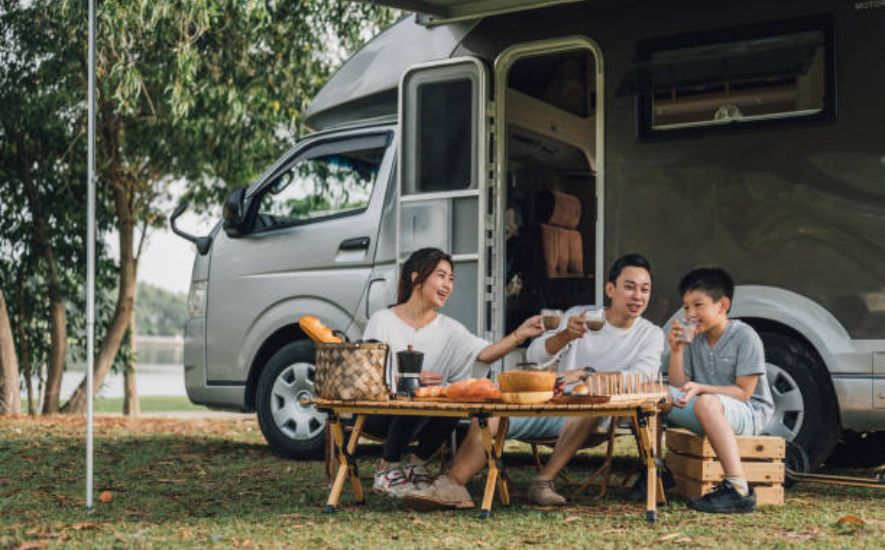
Sure, you can survive with just a tent and a sleeping bag, but you'll need a lot more to make your camping trip comfortable and enjoyable. From food and water to appropriate clothing and gear, you should pack many items to ensure a successful adventure.
But what should you bring? It can be overwhelming to list everything you'll need, especially if you're unsure where to start. Should you bring a portable stove or just some matches and a pot? What about a first aid kit? And don't forget about bug spray!
In this article, we'll explore all the essential items you'll want to bring camping and some optional items that can make your trip even more enjoyable. So, grab a pen and paper, and let's get packing!
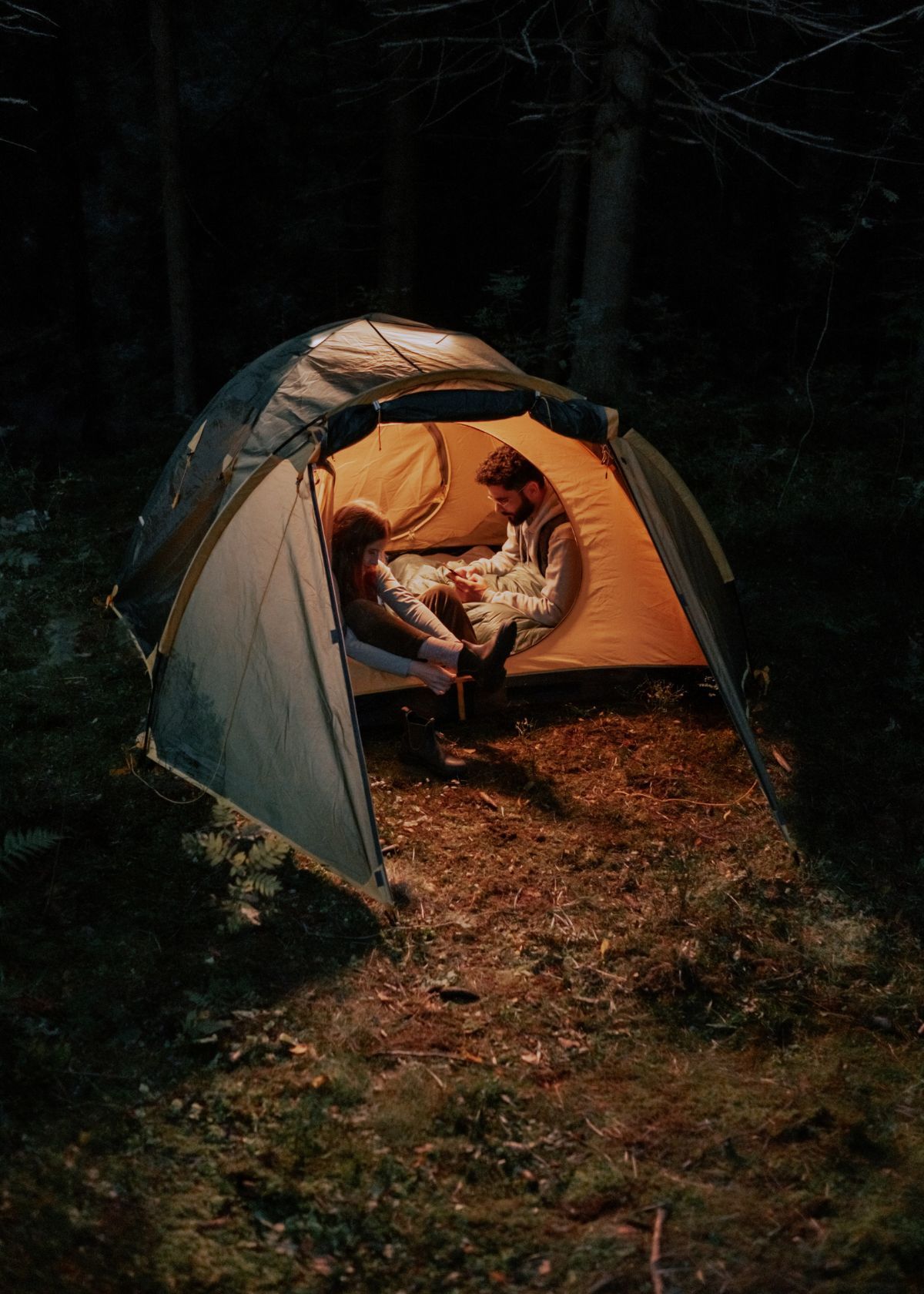
What To Do While Camping
Camping is one of the most exhilarating and fulfilling outdoor experiences. It is an opportunity to unplug from the fast-paced world and immerse oneself in nature's beauty.
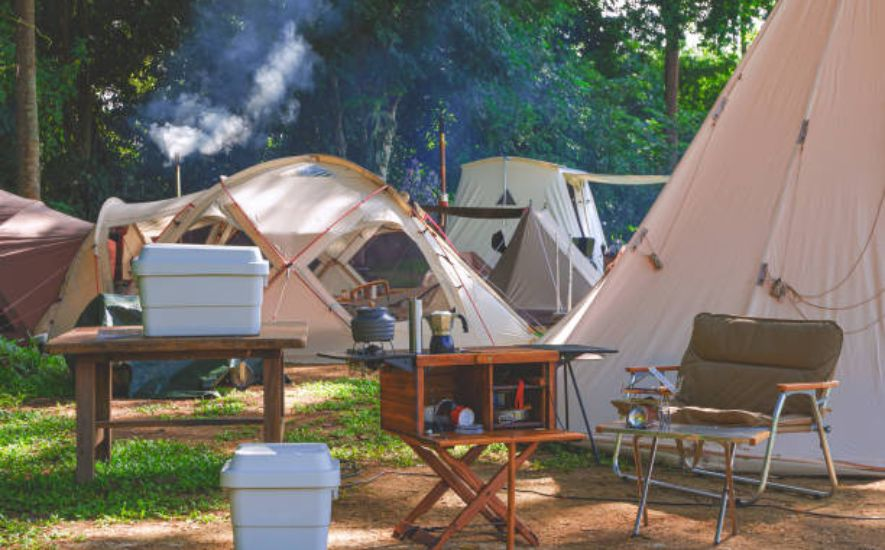
Whether you are a seasoned camper or a first-timer, there are countless ways to make the most out of your camping trip. The possibilities are endless, from stargazing to hiking to cooking over an open fire.
Campfire Activities
One of the most iconic camping experiences is gathering around a campfire with friends and family. Roasting marshmallows, telling ghost stories, and singing songs are classic campfire activities that never get old.
You can also bring along a deck of cards, board games, or a guitar to entertain yourself and your companions.
Hiking and Exploring
One of the most exciting things about camping is the opportunity to explore nature. Whether you're in a national park or a secluded campsite, there are likely plenty of hiking trails and scenic routes to discover.
Make sure to pack appropriate footwear, water, and snacks before embarking on your adventure. Take your time to enjoy the scenery and wildlife while staying safe.
Stargazing
One of the most awe-inspiring things about camping is the opportunity to witness the night sky in all its glory.
Bring along a star chart or use a stargazing app to identify constellations and planets. Lay on a blanket and soak in the breathtaking beauty of the stars and the Milky Way.
Fishing
If you're camping near a lake or river, fishing can be a fun and relaxing activity to pass the time. Research local fishing regulations and obtain any necessary licenses beforehand. Don't forget to pack your fishing gear and bait.
Photography
Camping provides a wealth of opportunities for nature photography. From sunrise and sunset to wildlife and landscapes, plenty of subjects can be captured. Bring along a camera or even use your smartphone to snap some stunning photos.
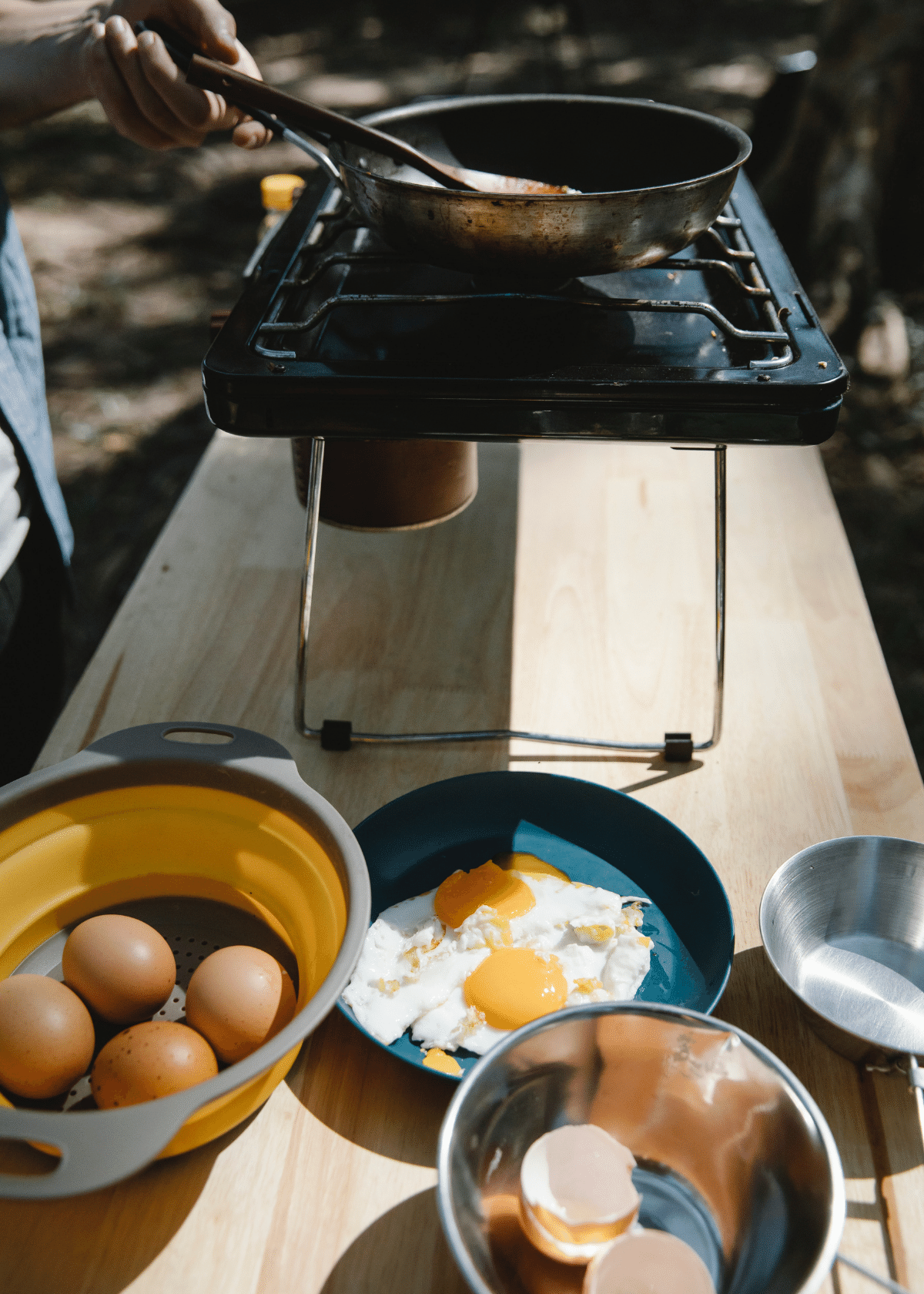
Essential Gear for a Memorable Camping Experience
When it comes to camping, having the right gear can make all the difference between a good trip and a truly memorable one. From just the basics to the fun extras, plenty of items can enhance your camping experience and make it one to remember.
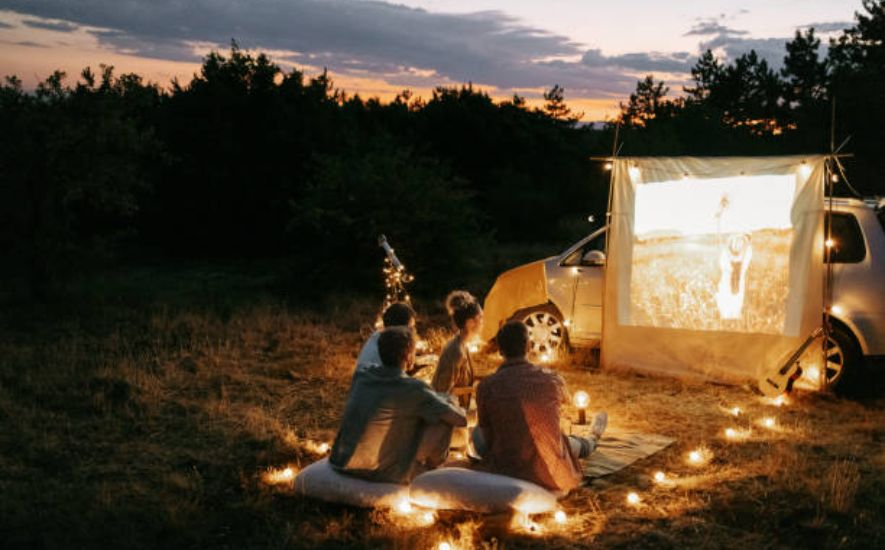
So if you're planning a camping trip and want to ensure you have everything you need, read on for our guide to the essential gear for a memorable camping experience.
Sleeping Gear
Sweet Dreams under the Stars A good night's sleep is essential for any upcoming camping trip, so don't skimp on your sleeping gear. A comfortable sleeping bag, pillow, and sleeping pad can make all the difference in how rested and refreshed you feel each morning.
Consider your sleeping bag's temperature rating and ensure it's appropriate for the climate you'll be camping in.
Cooking Gear
Fuel for Adventure While surviving on trail mix and granola bars is possible, having a few essential cooking items can make your camping experience much more enjoyable.
A portable cooking camp stove, cookware, utensils, and a cooler for storing food and drinks can open up a world of culinary possibilities, from campfire chili to s'mores.
Lighting
Illuminate your way whether you're hiking to your campsite after dark or need to find your way to the bathroom in the middle of the night, having reliable lighting is essential.
A headlamp or flashlight can be a lifesaver, while string lights or lanterns can add a cozy touch to your campsite.
Entertainment
Fun and Games for All Finally, don't forget to bring some entertainment options to keep everyone happy and engaged during downtime.
A deck of cards, board games, or frisbee can provide hours of fun for kids and adults alike. And don't forget to bring a good book or two for some quiet solo time in nature.
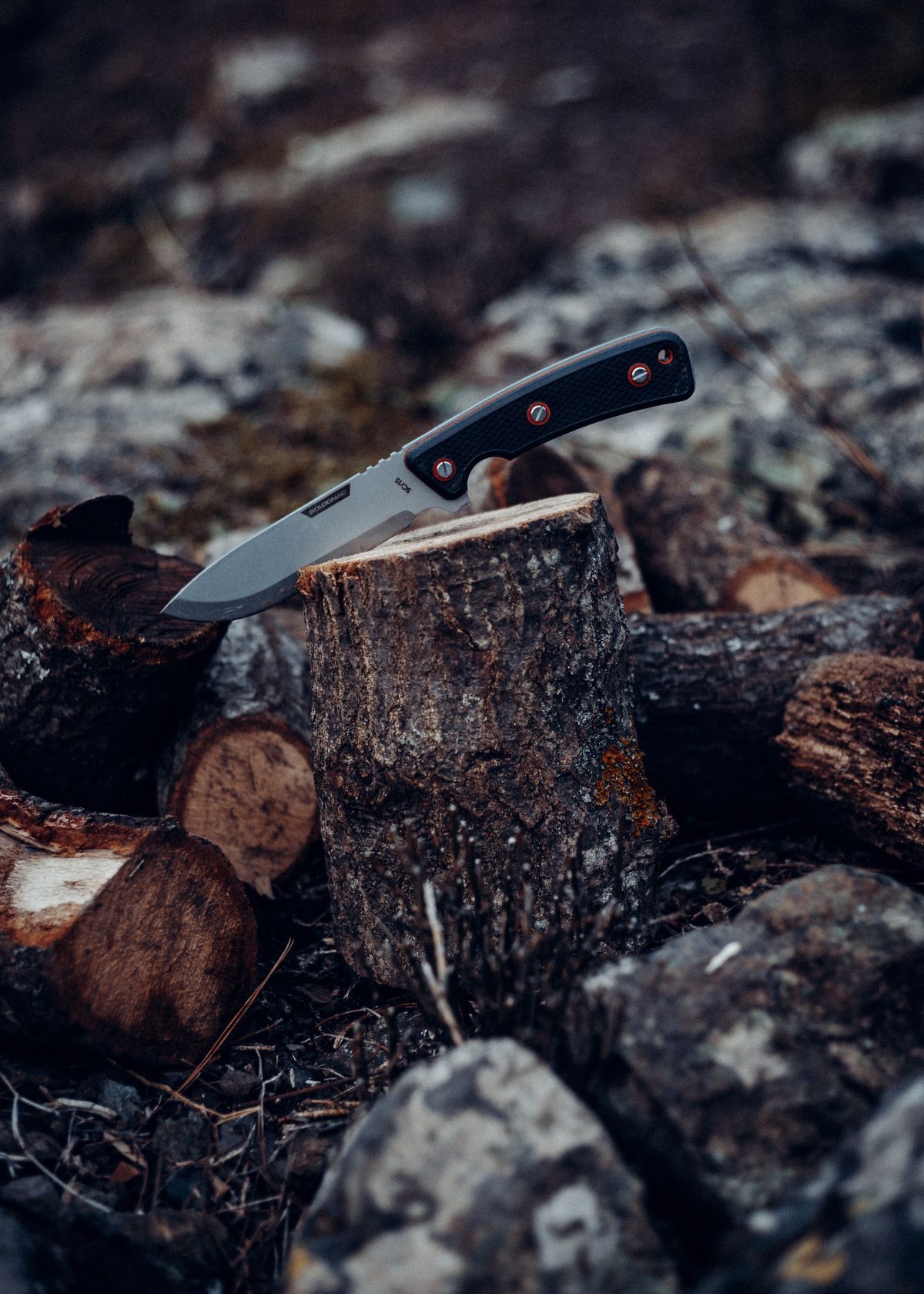
Packing Light: Minimalist Camping Checklist
Heading out into the wilderness is an exhilarating experience that many outdoor enthusiasts look forward to. Whether you're planning a multi-day hiking trip or a weekend camping excursion, packing all the camping gear is crucial.
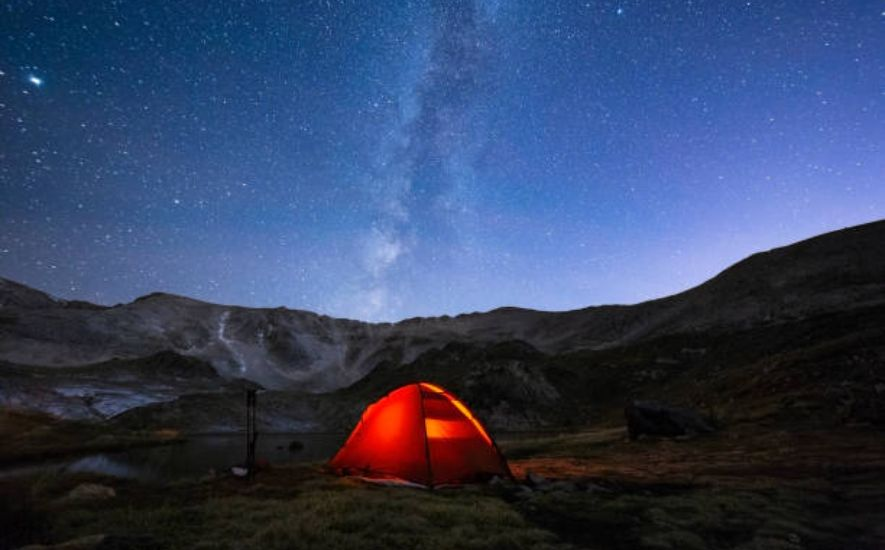
One of the most important aspects of camping is packing light. Carrying too much weight can not only slow you down but can also lead to fatigue and injury.
A minimalist camping checklist ensures that you have all the necessary items while keeping your pack as light as possible.
Shelter and Sleeping
When it comes to shelter and sleeping gear, focus on lightweight and compact items. A high-quality, lightweight tent is a must for camping.
Look for one that can be set up quickly and can withstand the elements. A sleeping bag that is appropriate for the season is essential, and don't forget to bring a sleeping pad to provide insulation and cushioning.
Clothing and Footwear
Pack clothing that is appropriate for the weather and season. This includes a waterproof jacket, extra layers for warmth, and quick-drying clothing.
Don't forget to bring sturdy hiking boots or comfortable shoes that provide good support.
Cooking and Eating
A minimalist approach can save a lot of weight when it comes to cooking and eating. Pack a lightweight stove, a pot, and utensils for cooking. Bring only the food you need and focus on items that are lightweight and easy to prepare.
Navigation and Safety
Navigation and safety gear are crucial for any camping trips. A compass, map, and GPS device can help you navigate through unfamiliar terrain.
A first aid kit and a whistle and an emergency shelter are also essential in case of unexpected weather or injuries.
Miscellaneous
Other items to consider include a headlamp or flashlight, a multi-tool, and a water filter or purification tablets. Don't forget to bring a pack cover or dry bags to keep your gear dry in case of rain.
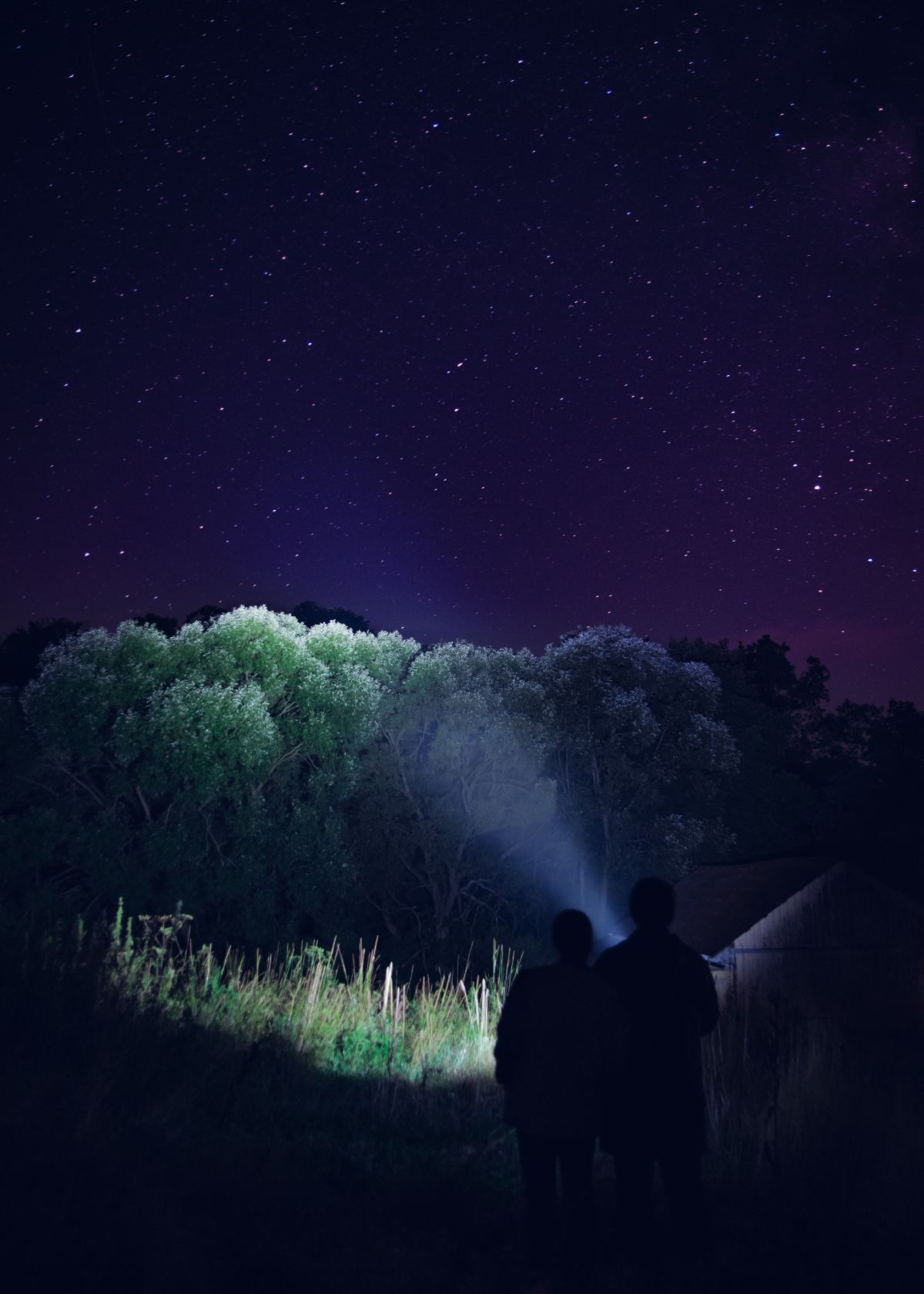
Family Camping: What to Bring for Fun and Comfort
Family camping is a great way to create lasting memories and bond with your loved ones while enjoying the beauty of the great outdoors. However, packing for a family camping trip can be daunting, especially if you're unsure what to bring.
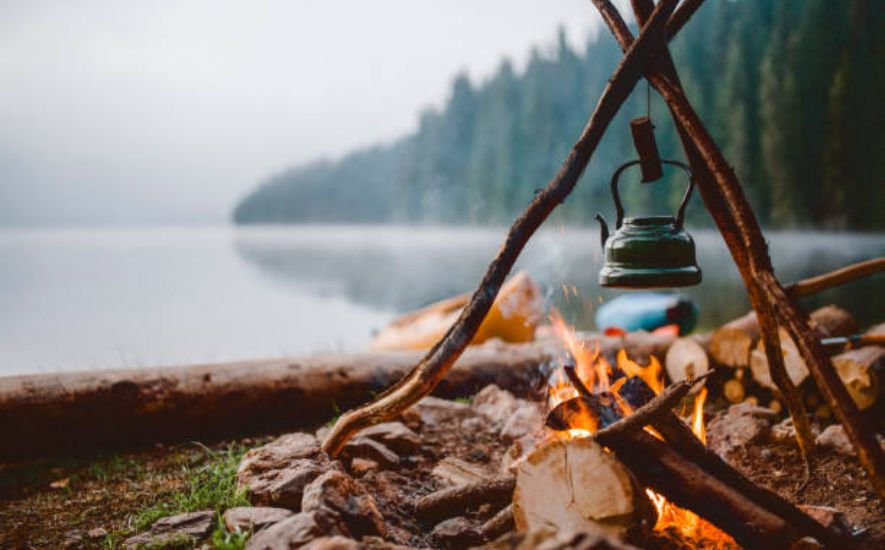
To help you, we've compiled a comprehensive list of things you should pack for a fun and comfortable family camping experience.
Campsite Kitchen
When camping with your family, having a well-equipped camp kitchen is essential. Bring a portable camping stove, cooking utensils, pots and pans, and a cooler to keep your food and drinks fresh.
Don't forget to pack plates, cups, cutlery, and a picnic table and chairs to make dining more comfortable.
Outdoor Activities
Camping is all about enjoying the great outdoors, and there are many fun activities you can do with your family.
Bring along bikes or hiking gear to explore the trails, a fishing rod to catch dinner, and a frisbee or ball to play games. Don't forget to pack some books or board games for quiet evenings around the campfire.
Campfire Necessities
One of the best parts of camping is gathering around the campfire and enjoying each other's company.
To make sure you have a cozy and safe campfire experience, bring along some firewood, matches, and a fire starter. Don't forget to pack some camp chairs or blankets to sit on while you roast marshmallows and tell stories.
Essential Supplies
You'll need to bring a few essential supplies on your family's next camping trip. These include a first aid kit, insect repellent, sunscreen, and a flashlight with extra batteries.
Pack some garbage bags to keep your campsite clean and tidy and extra towels for washing up and drying off after a swim.
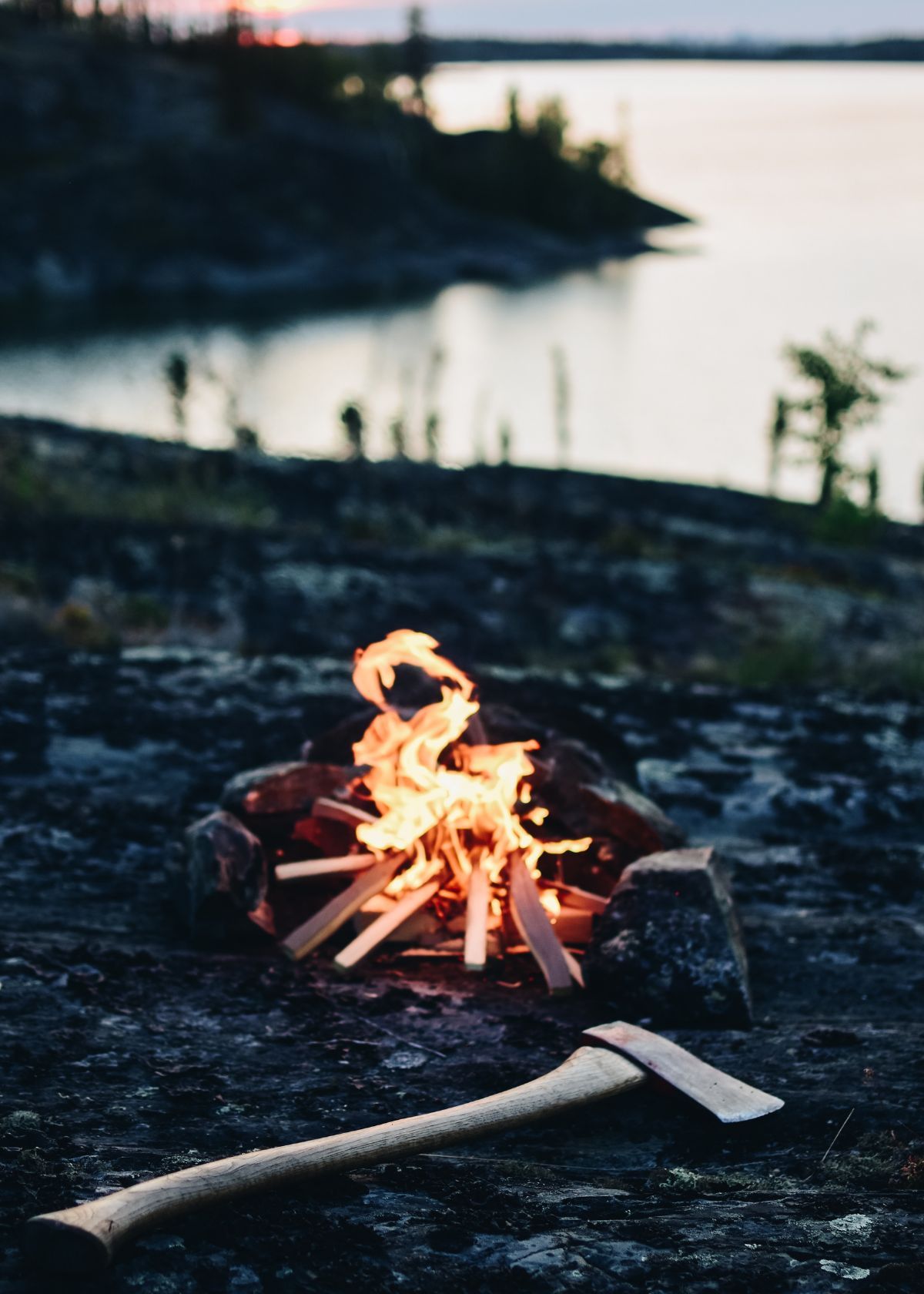
Backpacking Essentials: What to Carry on Your Back
As the sun sets behind the trees, the serene sound of water lapping against the shore can be heard in the distance. The anticipation of a peaceful night's sleep under the stars is palpable.
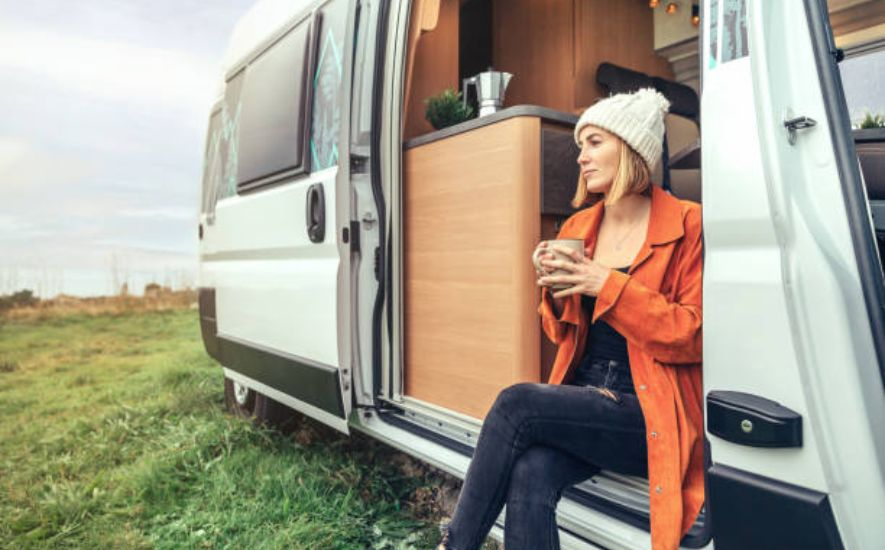
Canoe camping offers an opportunity to escape the hustle and bustle of daily life and immerse oneself in nature. However, packing for such a trip can be daunting, especially if it is your first time.
Canoe and paddles
The most crucial piece of equipment for canoe camping is the canoe itself. Ensure that the canoe is in good condition, with no leaks or cracks. Additionally, bring extra paddles to avoid being stranded if one breaks.
Safety equipment
Safety should always be a priority when canoe camping. Bring personal flotation devices (PFDs), a whistle, and a first aid kit. A waterproof map and compass are also essential in case you get lost.
Clothing
Bring clothes appropriate for the weather conditions, including rain gear, warm layers, and quick-dry clothing. Don't forget a hat, sunglasses, and sunscreen to protect against the sun's harmful rays.
Food and cooking supplies
Camping meals require planning and preparation. Bring a portable stove, fuel, cookware, utensils, and a cooler for perishable items. Plan your meals and bring non-perishable snacks for on-the-go sustenance.
Lighting
A headlamp or flashlight is essential for navigating camp at night, and extra batteries are always a good idea.
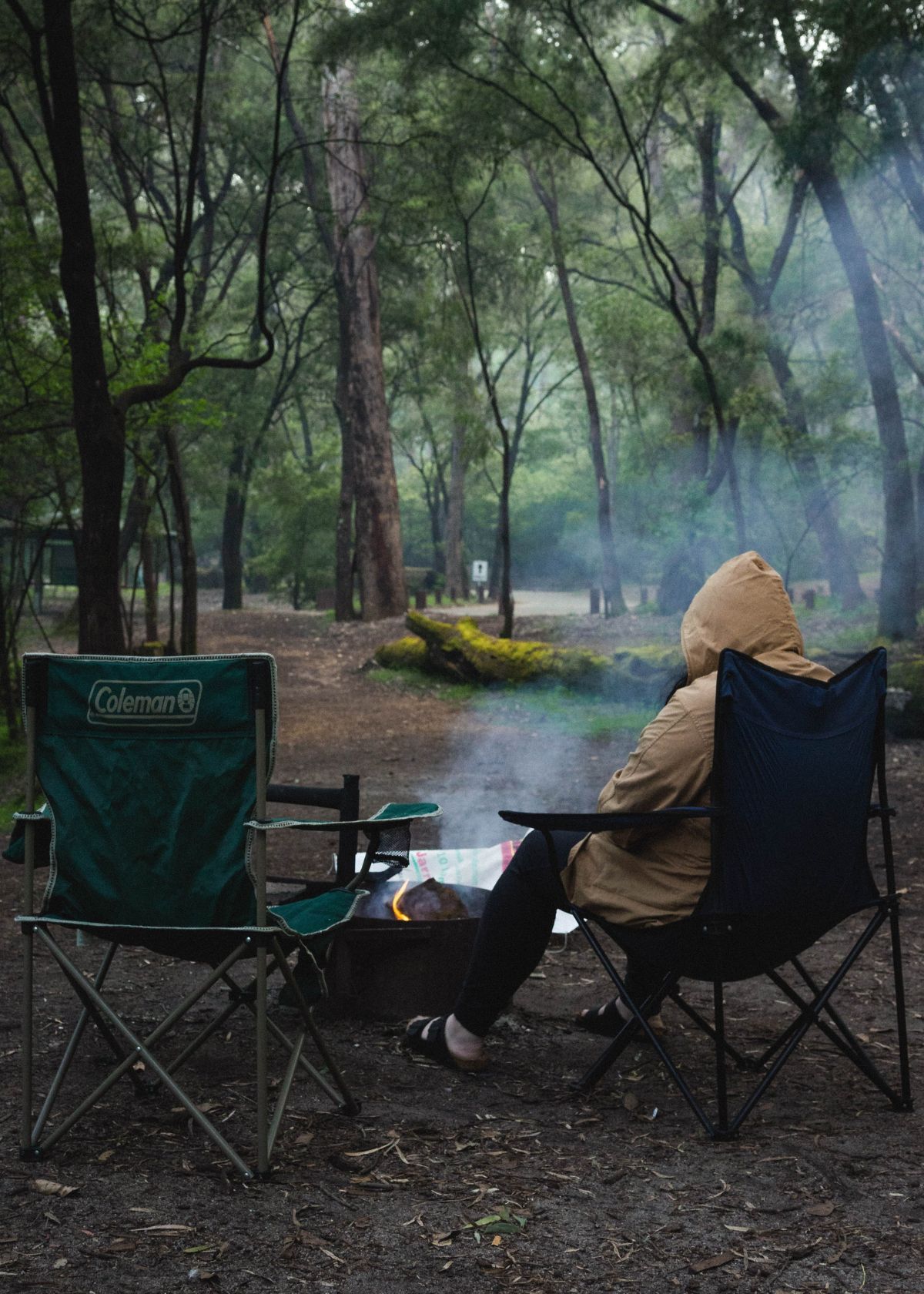
Canoe Camping: What to Bring for Paddling and Camping
Backpacking is a liberating experience. It allows you to disconnect from the hustle and bustle of daily life, immerse yourself in nature, and discover new horizons.
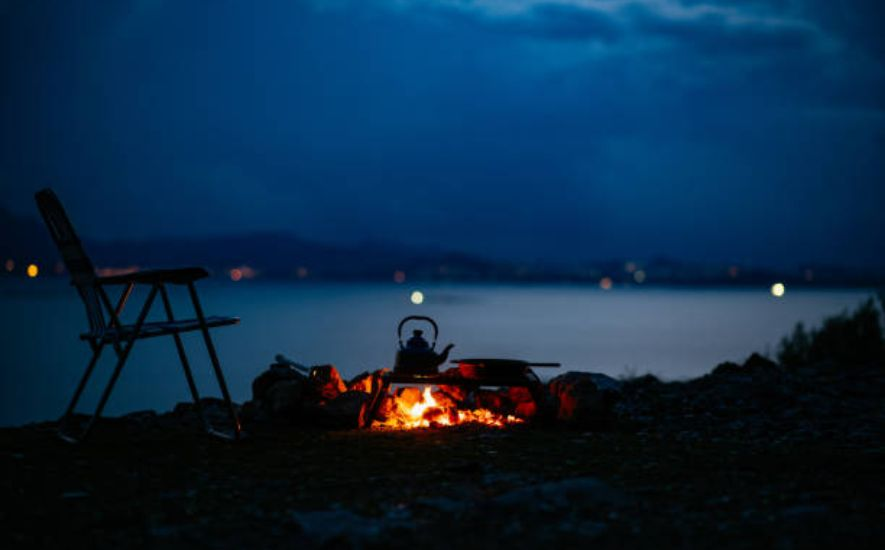
Packaging smart is crucial whether you’re planning a multi-day hike in the mountains or a weekend getaway in the woods. Your backpacking and car camping essentials can make or break your trip. So, what should you carry on your back?
Clothing and Footwear
When it comes to backpacking, less is more. You don’t need to pack your entire wardrobe. Choose clothing that’s comfortable, lightweight, and easy to layer. A good rule of thumb is to pack clothes that can be mixed and matched.
A waterproof jacket, a warm fleece, a lightweight shirt, and a few pairs of socks and underwear are essential.
Don’t forget to bring a hat and sunglasses to protect yourself from the sun. As for footwear, invest in a good pair of hiking boots or shoes. Ensure they fit well, provide good ankle support, and are broken in before your trip.
Food and Water
Food and water are fuel for your body, so it’s important to pack enough for the duration of your trip. Bring lightweight, high-energy snacks such as nuts, dried fruit, and energy bars.
For meals, choose dehydrated or freeze-dried camp meals that can be prepared with hot water. Don’t forget to bring a lightweight stove and fuel.
Water is essential, so make sure you have a way to purify it. Bring a water filter, purification tablets, or a UV purifier.
Navigation and Communication
When you’re on the trail, knowing where you’re going is important. Bring a map and compass, and learn how to use them before your trip.
A GPS device or a smartphone with GPS capabilities can also be useful, but don’t rely solely on technology.
Bring a backup battery or a solar charger to keep your devices charged. A whistle and a mirror can also come in handy in case of an emergency.
Emergency and First Aid
Accidents can happen when you’re in the wilderness, so being prepared is important. Pack a first aid kit with bandages, antiseptic, pain relievers, and any medication you might need. A multi-tool or a knife can also be useful.
In an emergency, bring a personal locator beacon (PLB) or a satellite phone. Make sure you know how to use them before your trip.
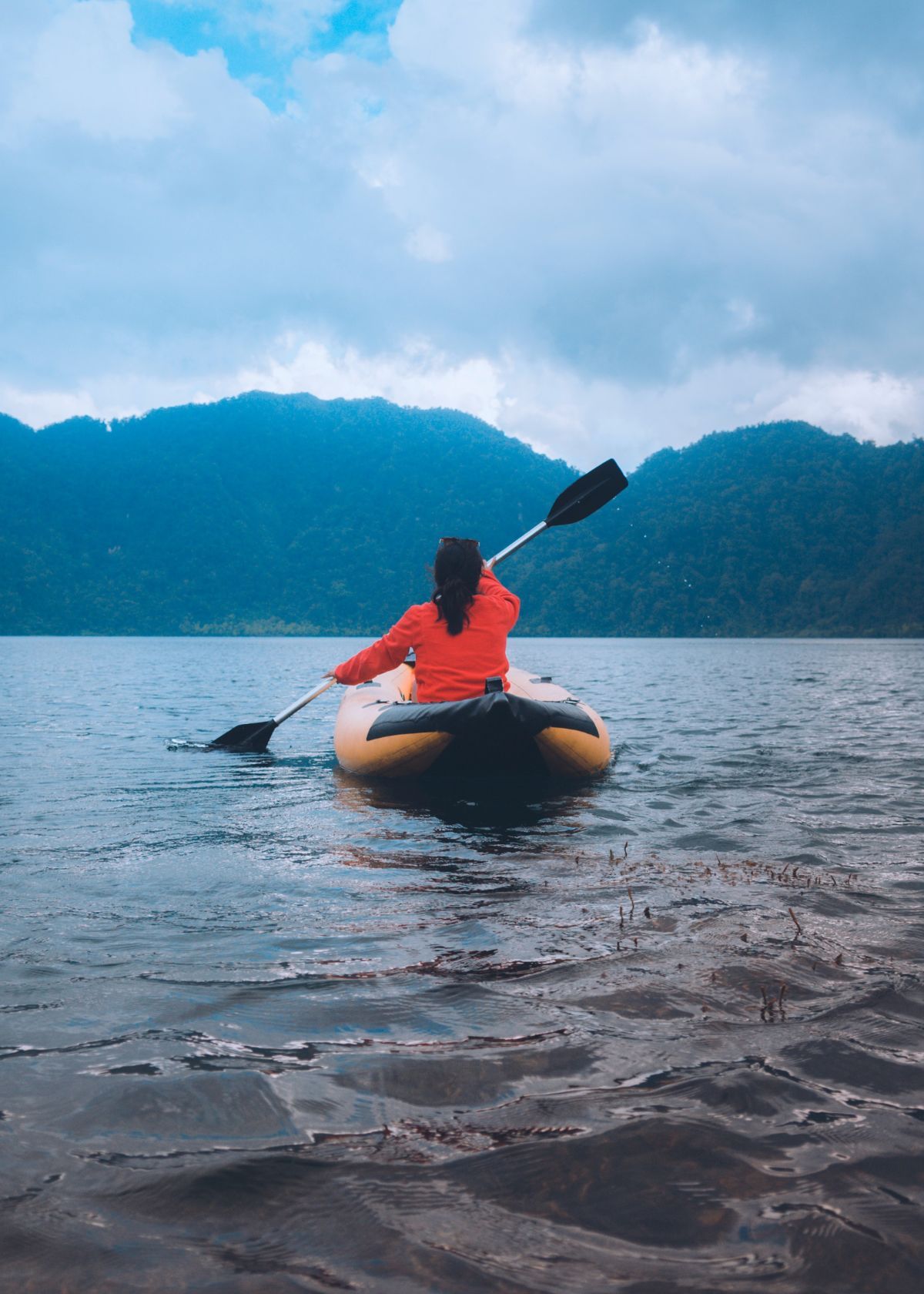
Frequently Asked Questions (FAQs)
Camping is a great way to spend time with friends and family. It can also be a fun way to get out of the city, enjoy nature and learn new skills. But before you head off into the woods, there are some things you should know about camping. Here are some of the most frequently asked questions about camping.
What are the best things to bring on a camping trip?
You should always bring a few essential items on a camping trip to ensure your comfort and safety. Here are some of the best things to bring:
- Tent: A tent provides shelter from the elements and is essential for any camping trip.
- Sleeping bag: A good sleeping pags will keep you warm and comfortable while you sleep.
- Camp stove: A camp stove allows you to cook food and boil water for drinking.
- Food and water: It's important to bring plenty of food and water for your trip. Make sure to pack non-perishable items that are easy to prepare.
- First aid kit: A first aid kit is essential for any camping trip. Make sure to include items like bandages, antiseptic, and pain relievers.
- Headlamp or flashlight: A headlamp or flashlight will help you see in the dark and navigate your campsite at night.
- Map and compass: If you're going on a bear country camping trip, it's important to bring a map and compass so you can navigate your way around.
- Sunscreen and bug spray: Protect yourself from the sun and bugs by bringing sunscreen and bug spray.
- Multi-tool or knife: A multi-tool or knife can come in handy for a variety of tasks, from cutting rope to opening cans.
- Warm clothing and rain gear: Even if you're tent camping in the summer, it's important to bring warm clothing and rain gear in case the weather turns cold or wet.
What should you not bring camping?
You should not bring several things when camping, as they may be unnecessary, potentially dangerous, or harmful to the environment. Here are some examples:
- Electronics: Although it can be tempting to bring your phone, laptop, or other electronic devices with you, it's best to disconnect and enjoy nature. Also, electronic devices may not be compatible with the outdoor environment and may run out of power without a reliable source of electricity.
- Glass bottles: Glass bottles can be heavy, fragile, and dangerous if broken. Plus, they are non-biodegradable and may harm the environment.
- Strong-smelling food: Avoid bringing strong-smelling food such as garlic or onions, as they may attract wildlife to your campsite.
- Non-biodegradable items: Plastic bags, straws, and disposable utensils should not be brought to the campsite. These items take hundreds of years to decompose, and they can harm the environment and wildlife.
- Valuable items: Leave valuable items at home, as they may attract thieves or get lost or damaged in the wilderness.
- Loud or disruptive items: Avoid bringing noisy items like portable speakers or generators, which can disturb other campers and the natural environment.
What is the most important thing about camping?
The most important thing about camping is to be well-prepared. This includes having the necessary equipment, such as a tent, sleeping bags, cooking supplies, and appropriate clothing for your camping environment. It also means planning where you will camp, how you will get there, and what you will do while you are there.
Additionally, it is important to be aware of and follow any rules or regulations for the campsite, such as fire restrictions or waste disposal guidelines. By being well-prepared, you can have a safe and enjoyable camping experience.
What unexpected thing to bring to camping and why?
When preparing for a camping trip, it's important to remember the essentials like a tent, sleeping bag, and cooking supplies. But one item can take your camping experience to the next level: a small, portable scent diffuser.
The scent is a powerful sense that can enhance our mood and create a more immersive environment. By bringing a scent diffuser to your camping trip, you can fill your tent with the fragrance of fresh pine needles or the calming aroma of lavender.
But it's not just about the pleasant smell. Certain scents can also have practical benefits. For example, citronella oil is a natural insect repellent that can keep pesky bugs at bay, while peppermint oil can help alleviate headaches and promote relaxation.
So, pack a small scent diffuser and a few bottles of your favorite essential oils to bring a touch of aromatherapy to your camping adventure. Your senses will thank you for it!
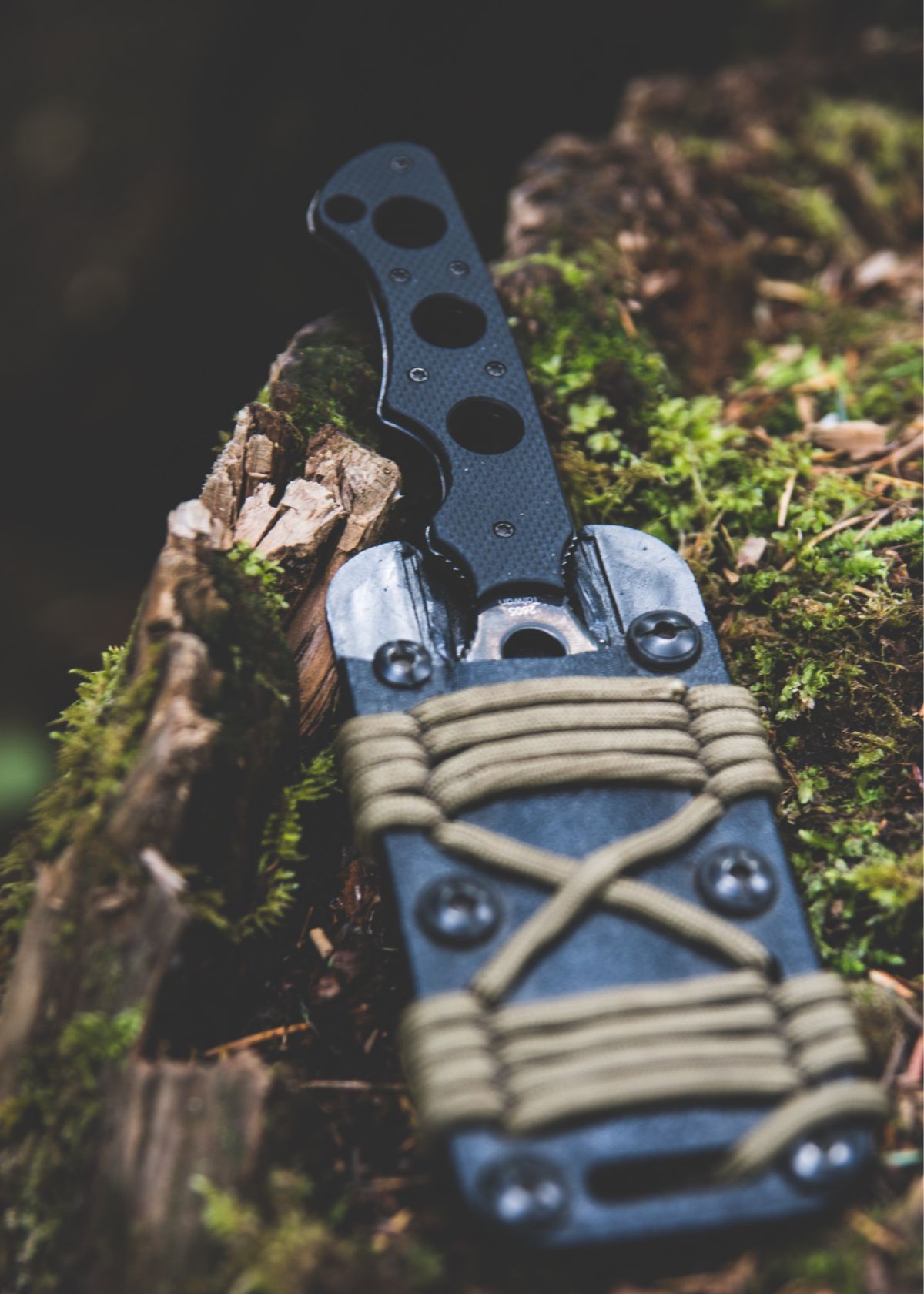
Conclusion
In conclusion, packing for a camping trip can be both exciting and overwhelming. While it's important to remember the essentials like a tent, sleeping bag, and cooking supplies, it's also important to consider the environment and activities you'll be participating in.
Whether you're going for a weekend getaway or an extended adventure, having the right gear can make all the difference in your overall experience. So, take some time to plan ahead, make a checklist, and pack with intention. And remember, sometimes the best memories are made when we venture out of our comfort zones and into the great outdoors. Happy camping!
